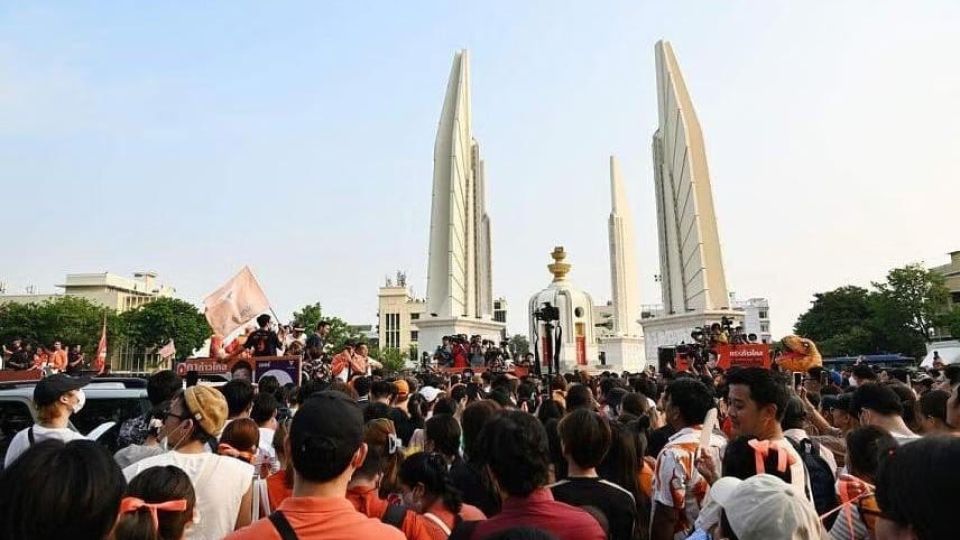May 16, 2023
BANGKOK – Thailand’s progressive Move Forward Party (MFP) won the most seats in Sunday’s general election. It has announced a tie-up with five other parties that will give the coalition 309 seats in the 500-seat House of Representatives.
But getting MFP leader Pita Limjaroenrat installed as prime minister is not a straightforward affair. A royalist, pro-military appointed 250-seat Senate gets to decide, along with the Lower House, on who becomes prime minister.
Here’s what could unfold:
Pita becomes prime minister
At least 376 votes are needed from the 750-seat Thai National Assembly to install a prime minister. In this scenario, the MFP manages to persuade at least 67 senators to join its coalition in voting for Mr Pita as prime minister.
The ruling coalition goes on to establish a majority government led by Mr Pita.
Prayut becomes prime minister
The MFP has pledged to amend the lese majeste law, which criminalises insulting or defaming the king, queen, heir apparent or regent with up to 15 years in jail. This may not sit well with senators, given their royalist leanings.
The senators may then choose to support caretaker Prime Minister Prayut Chan-o-cha as premier. The former army chief, who has helmed Thailand since 2014 when he staged a military coup toppling the civilian government, is a prime ministerial nominee of the United Thai Nation (UTN) party.
According to preliminary results, the UTN won 36 seats, including 23 constituency seats. With the Senate’s support, the UTN can install Mr Prayut as prime minister if it manages to muster votes from like-minded parties that wield at least 90 seats in the Lower House.
This would mean that Mr Prayut would be leading a minority government. Such an arrangement would be unstable, as his government would either be unable to pass laws or have to rely on complex negotiations to get each one through.
Pita is disqualified as Member of Parliament
A conservative politician, Mr Ruangkrai Leekitwattana from the Palang Pracharath Party, alleges that Mr Pita illegally owns shares in a now-defunct media company. Mr Pita has explained that he owns the shares only as an executor of his late father’s will.
Still, the election commission is obliged to investigate this complaint alongside others it has received in the lead-up to Sunday’s election. It is expected to take up to two months to conclude investigations.
If the probe concludes that Mr Pita was indeed guilty, he could be disqualified as a Member of Parliament. It is not clear if there may be other legal consequences for the party.
Move Forward Party is dissolved
Thai politics is littered with examples of controversial party dissolutions. The Pheu Thai Party’s two earlier iterations, the Thai Rak Thai Party and People’s Power Party, were dissolved over electoral fraud after their election victories.
The MFP’s predecessor, the Future Forward Party, was dissolved in 2020 over a loan that its leader gave to the party, which the constitutional court deemed an illegal donation.
While there are currently no specific complaints that could lead to the MFP being dissolved, observers say this is something that cannot be ruled out.
A party dissolution is expected to trigger street protests similar to what unfolded in 2020 after Future Forward was dissolved.


